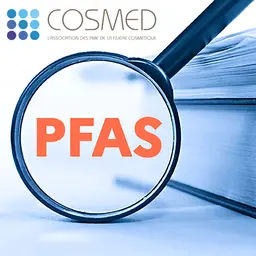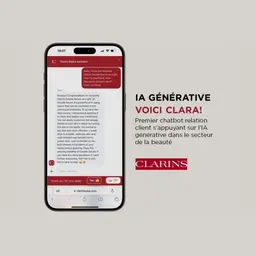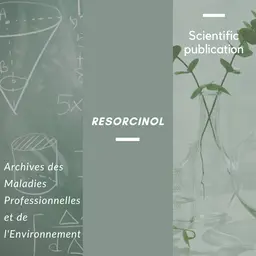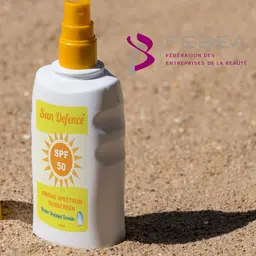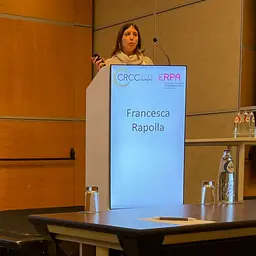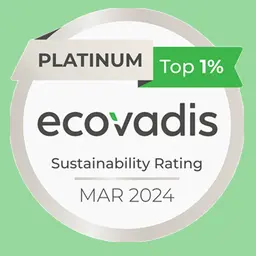
It is mandatory to assess the safety of the plant extracts used in cosmetic products to meet regulatory requirements; but due to their complexity, the process can prove quite challenging. At the 27th European Dermocosmetology Days held by the CED (European Centre of Dermocosmetology) in Lyon, France, in May 2015, Carine Tornier, of Episkin, had come with an encouraging message: there are now many tools and solutions available to evaluate both the tolerance and sensitization potential of these ingredients.
Carine Tornier is the Head of Safety Evaluation of Episkin (L’Oréal).
“Nowadays, most Cosmetics industries and also increasingly Pharmaceutical ones need to evaluate the safety potential of plant extracts,” she reminded as an introduction.
Which involves a first set of questions:
• Will my plant extract be well-tolerated?
• Does my plant extract present any sensitization potential?
• Which data are required by regulatory authorities?
• Can we generate other data to be more comfortable?
• What methods are available to carry out the evaluation?
Tolerance evaluation
Two aspects should be taken into account when evaluating the tolerance of a plant extract: skin irritation and corrosion.
Skin irritation: the regulatory protocols
“Since alternative methods to animal use have been validated, Cosmetics industries must use them to introduce new compounds on the European market,” Carine Tornier highlighted.
OECD TG439 refers to skin irritation on 3D reconstructed epidermal models. Several protocols had been validated by the ECVAM (European Centre for the Validation of Alternative Methods), which included one short exposure time (< 1h) + 42h post-incubation time on triplicate tissues with three concordant runs. Generated data provide a classification of a substance as non-irritant or irritant.
As a reminder, validated protocols are …



